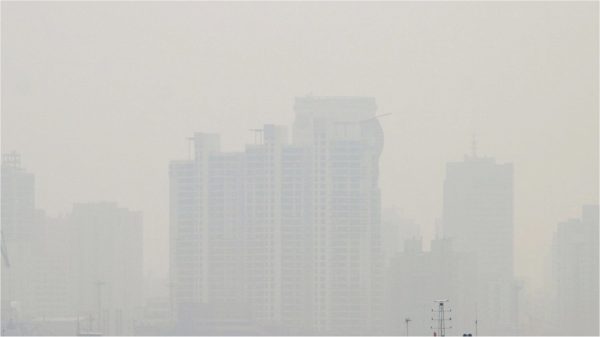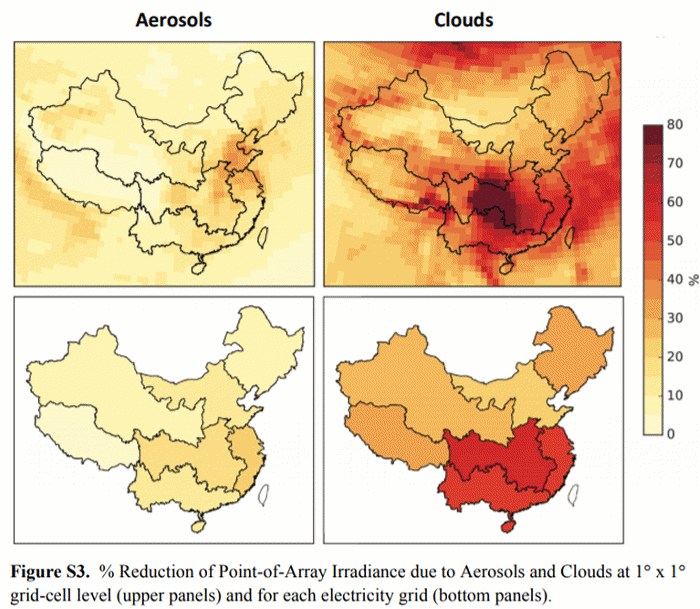
Image – 3dman_eu
The burning of fossil fuels such as coal in China is having a significant detrimental effect on solar electricity generation in some parts of the country.
Research out of Princeton University in the USA indicates severe air pollution is decreasing the amount of sunlight hitting solar arrays, with the problem particularly impacting northern and eastern parts of China. In these regions, air pollution is blocking approximately 20-25% percent of sunlight on average annually. The study also evaluated the seasonal variability of the impact and found aerosols in the region were as significant as clouds in winter.
This problem isn’t confined to China. In April we reported on another study showing dust and particulate matter in north India were taking a heavy toll on solar electricity generation, reducing the yield by as much as 17%-25 % annually.
“Developing countries with severe air pollution that are rapidly expanding solar power, such as China and India, often neglect the role of aerosols in their planning, but it can be an important factor to consider,” said the Princeton study’s lead author. Xiaoyuan (Charles) Li.
Mr. Li said officials need to weigh up whether the costs involved in building a solar facility in a region with low air pollution to supply power to a “dirty” region are outweighed by the benefits.
Mr. Li hopes the findings from his work will also encourage nations to pick up the pace on reducing culprit aerosol emissions – which include sulfate, nitrate, black carbon particulates and brown organic compounds – to boost solar energy generation. Well, there’s that and the well-established fact coal kills, which should be enough motivation on its own.
He also stated there was potential for a “virtuous cycle”, whereby boosting solar energy production cuts down on the need for some of the sources of emissions hampering solar electricity generation.
The Princeton study, “Reduction of Solar Photovoltaic Resources Due to Air Pollution in China,” has been published in the journal Proceedings of the National Academy of Sciences.
Another major culprit in China’s air pollution woes is transport – and electric vehicles are set to play an important role in reducing this source of aerosol pollution. In early September, China’s government stated it would phase out diesel and petrol fueled cars “in the near future”.
At the recent National Congress of China’s Communist Party, Chinese President Xi Jinping said, “Any harm we inflict on nature will eventually return to haunt us. This is a reality we have to face.”
China has certainly been pulling out all the stops in rolling out solar power this year, having installed 42GW by the beginning of this month. The country is on track to hit 50GW of solar installed during 2017.


 RSS - Posts
RSS - Posts



Speak Your Mind